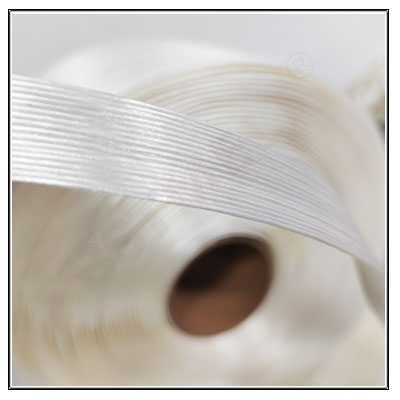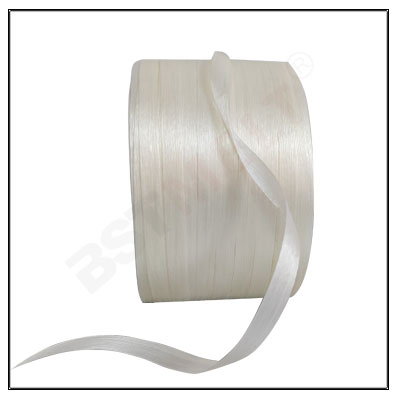- +86 136 65744767
- 09:00 AM - 5:00 PM
Baling has become an indispensable tool in various industries, from agriculture to automotive. With the ever-increasing emphasis on sustainability, the demand for effective waste management and recycling solutions is on the rise. Baling strapping has emerged as the best solution in this scenario, proving to be an efficient, economical, and eco-friendly alternative for businesses across multiple sectors. In this article, we will explore the versatile applications of baling strapping and how it is revolutionizing waste management and recycling practices worldwide.


Agriculture
In the agricultural sector, baling strapping plays a crucial role in the efficient storage and transportation of crops like hay, straw, and cotton. The compact, tightly-bound bales not only save storage space but also minimize the risk of contamination, mold, and rodent infestation. Moreover, baling strapping makes it easier to handle and transport the bales, reducing labor costs and increasing productivity.
Nursery and Landscaping
Nurseries and landscaping businesses often deal with large volumes of green waste like leaves, branches, and grass clippings. Baling strapping helps them manage this waste more effectively by compressing it into compact, easily transportable bales. This not only minimizes the space required for storage but also reduces the carbon footprint associated with transportation. Furthermore, it enables these businesses to sell the bales as organic compost or biomass, generating additional revenue streams.
Automotive Industry
In the automotive industry, baling strapping is used to compress and bundle scrap metal, plastic, and other waste materials generated during the manufacturing process. This not only helps in minimizing waste but also reduces the cost of disposal. The compact bales can be easily transported to recycling facilities, where they can be processed and reused, contributing to a more sustainable manufacturing cycle.
Printing Industry
The printing industry generates a significant amount of waste in the form of paper scraps, plastic films, and other materials. Baling strapping helps printing companies manage this waste more efficiently by compressing it into bales that are easier to store, transport, and recycle. This not only reduces the environmental impact of waste disposal but also lowers operational costs.
Light Building Products
In the light building products industry, baling strapping is used to compress materials like insulation, foam, and packaging materials. This not only saves storage space but also makes it easier to transport the materials to construction sites. Furthermore, the compact bales can be easily recycled, contributing to more sustainable building practices.
Baling Corrugated and Plastic for Recycling
Baling strapping is particularly effective in recycling corrugated cardboard and plastic materials. The compact, tightly-bound bales can be easily transported to recycling facilities, where they can be processed and reused. This not only reduces the environmental impact of waste disposal but also helps businesses meet their sustainability goals.
Conclusion
Baling strapping has proven to be an invaluable tool for businesses across various industries, from agriculture to automotive. Its versatile applications in waste management and recycling make it an efficient, economical, and eco-friendly solution for a more sustainable future. As the world continues to grapple with the challenges of waste disposal and environmental degradation, the demand for baling strapping is likely to grow, further solidifying its地位 as the go-to solution for effective waste management and recycling.

BSTSTRAP
No.30 building, Wuxing High-tech Venture Park
Huzhou City, Zhejiang Province,China
Whatsapp:+86 136 6574 4776
Monday to Saturday 9 am to 5 pm
hailey@bststrap.com
Send us your enquiry anytime!